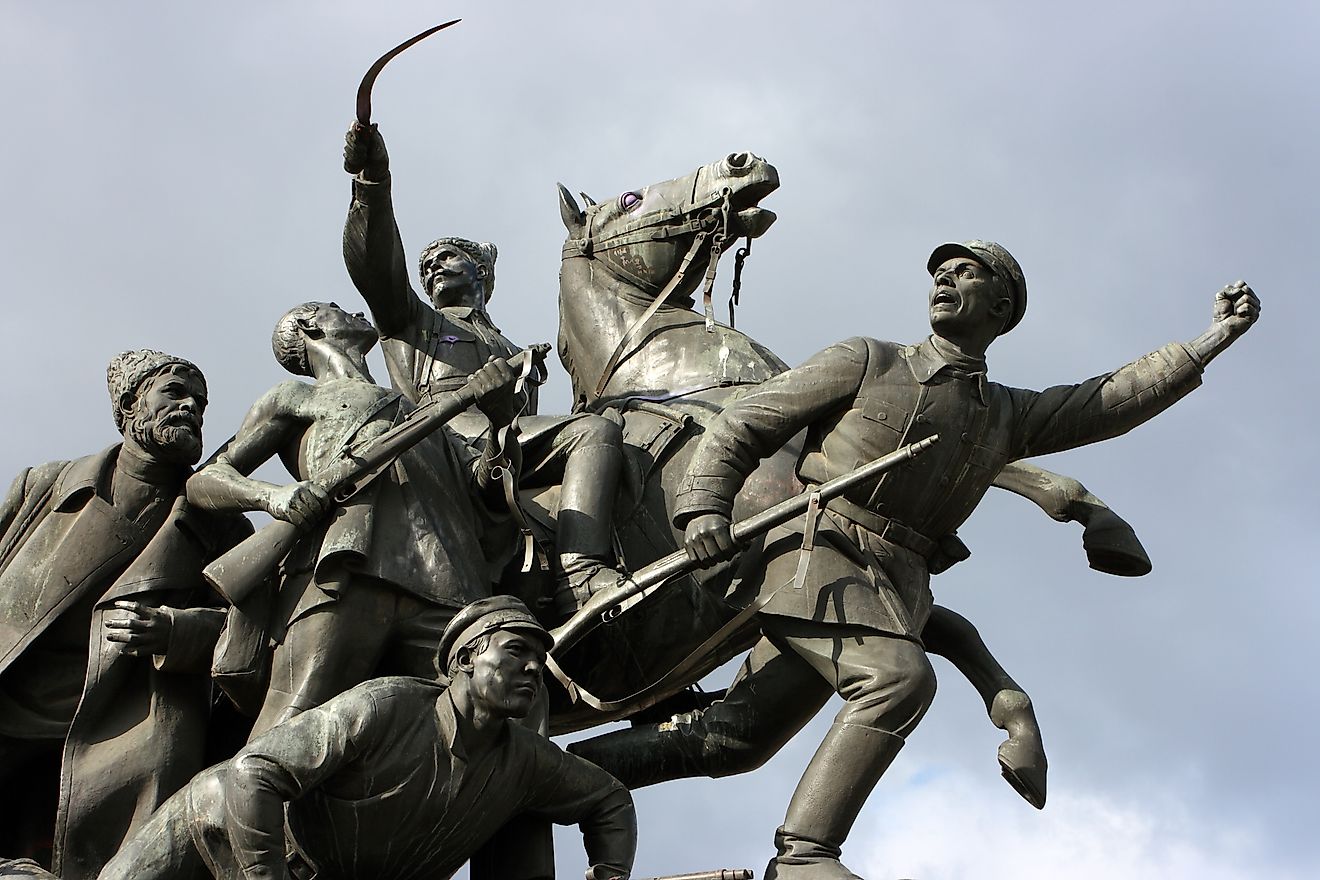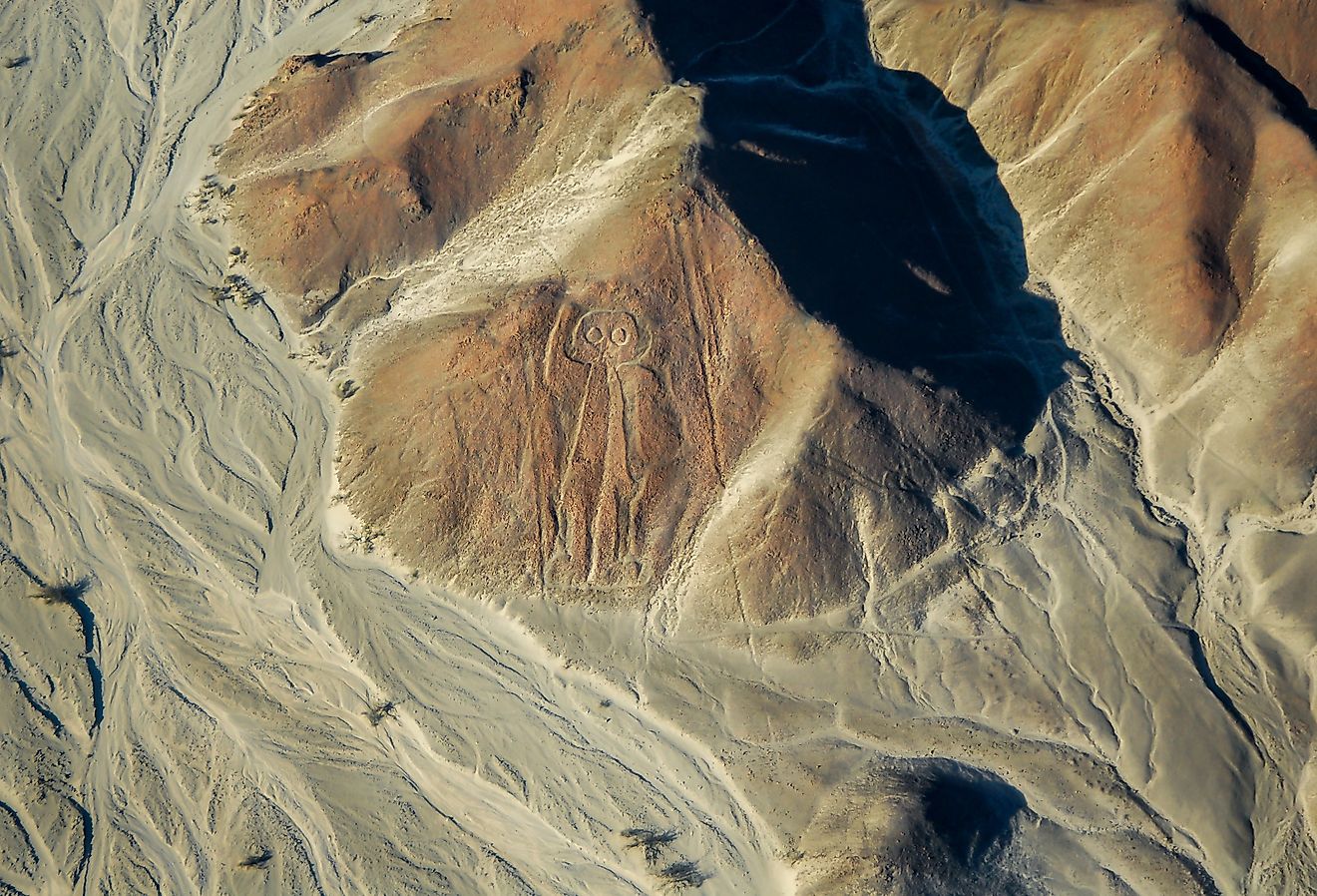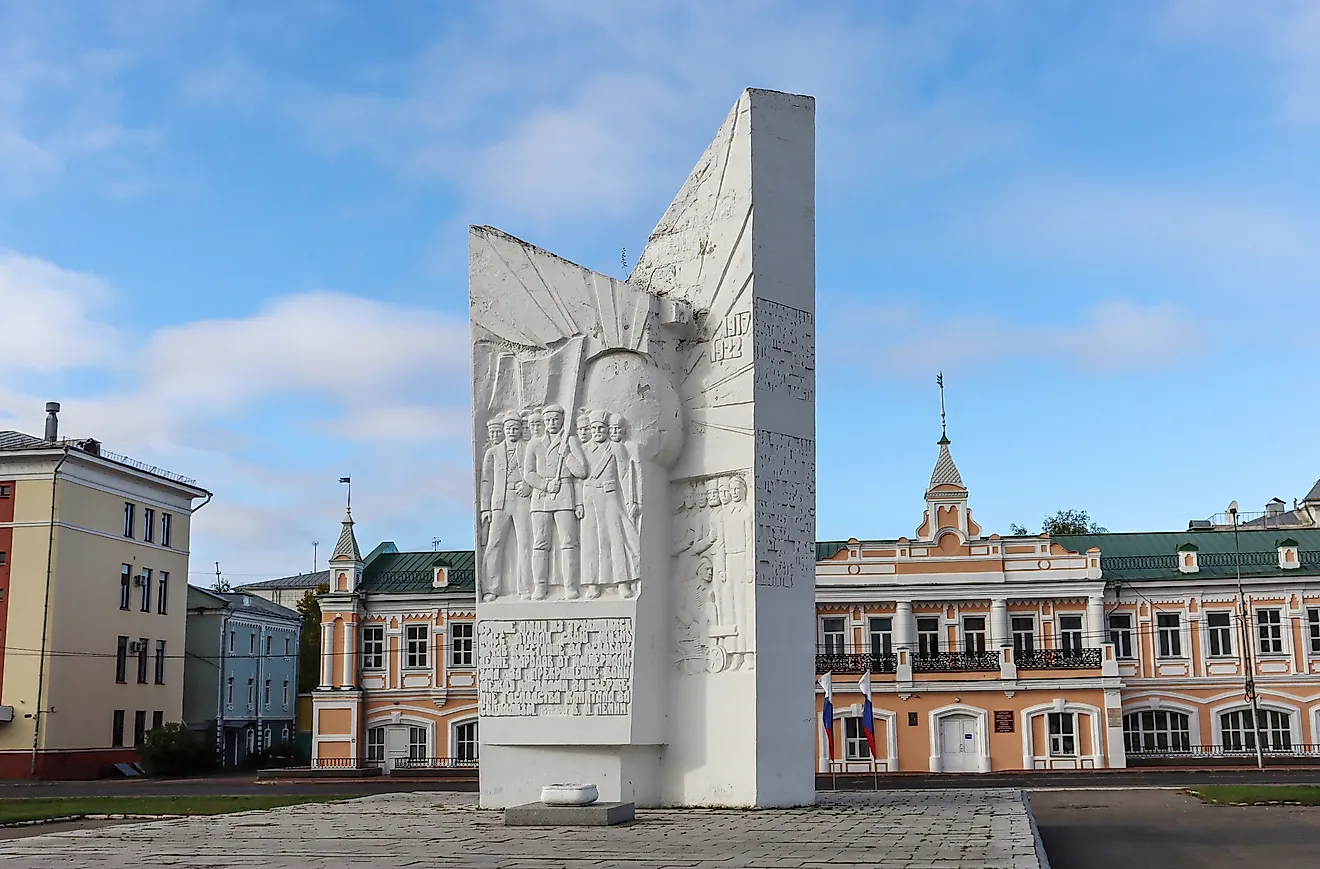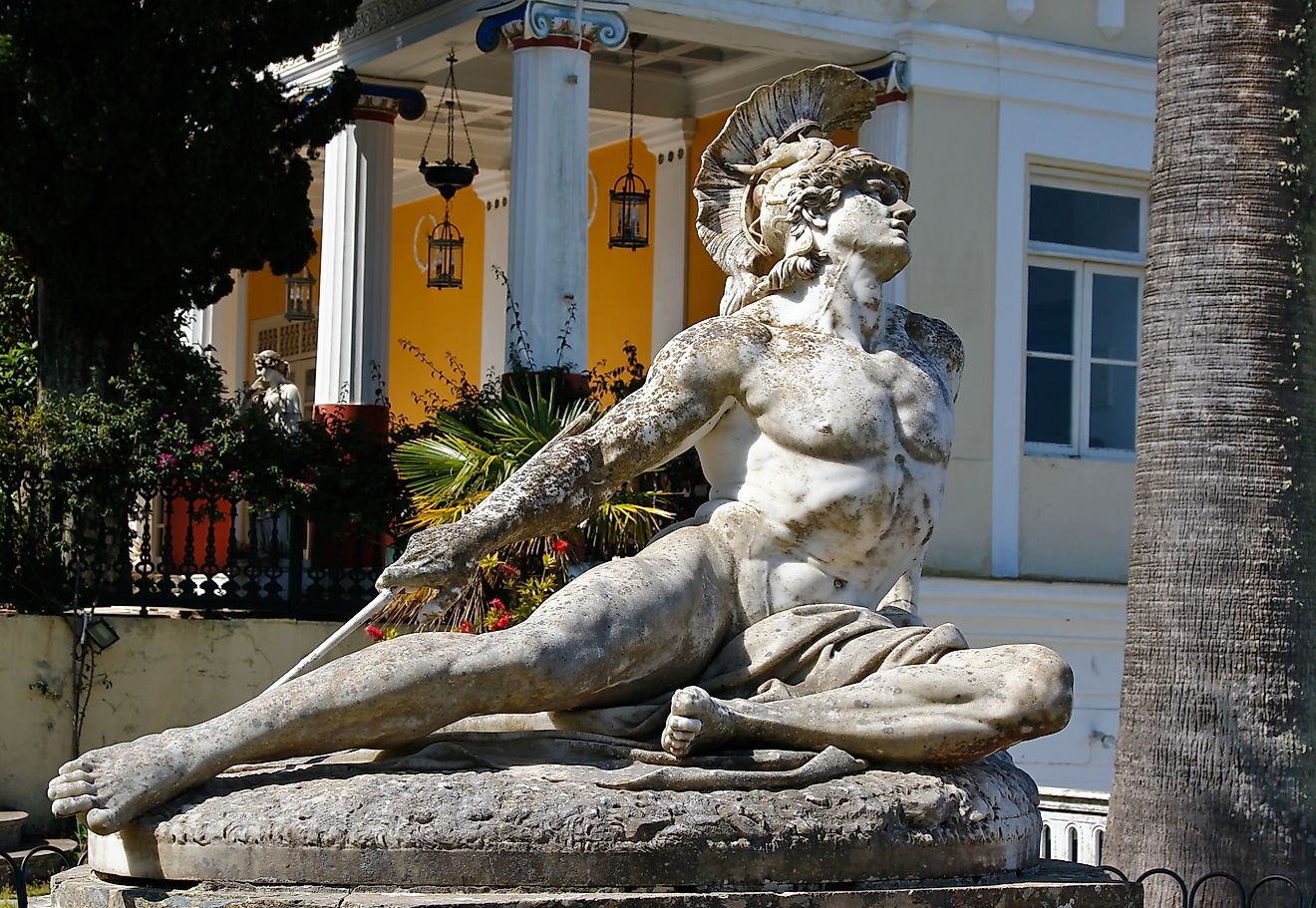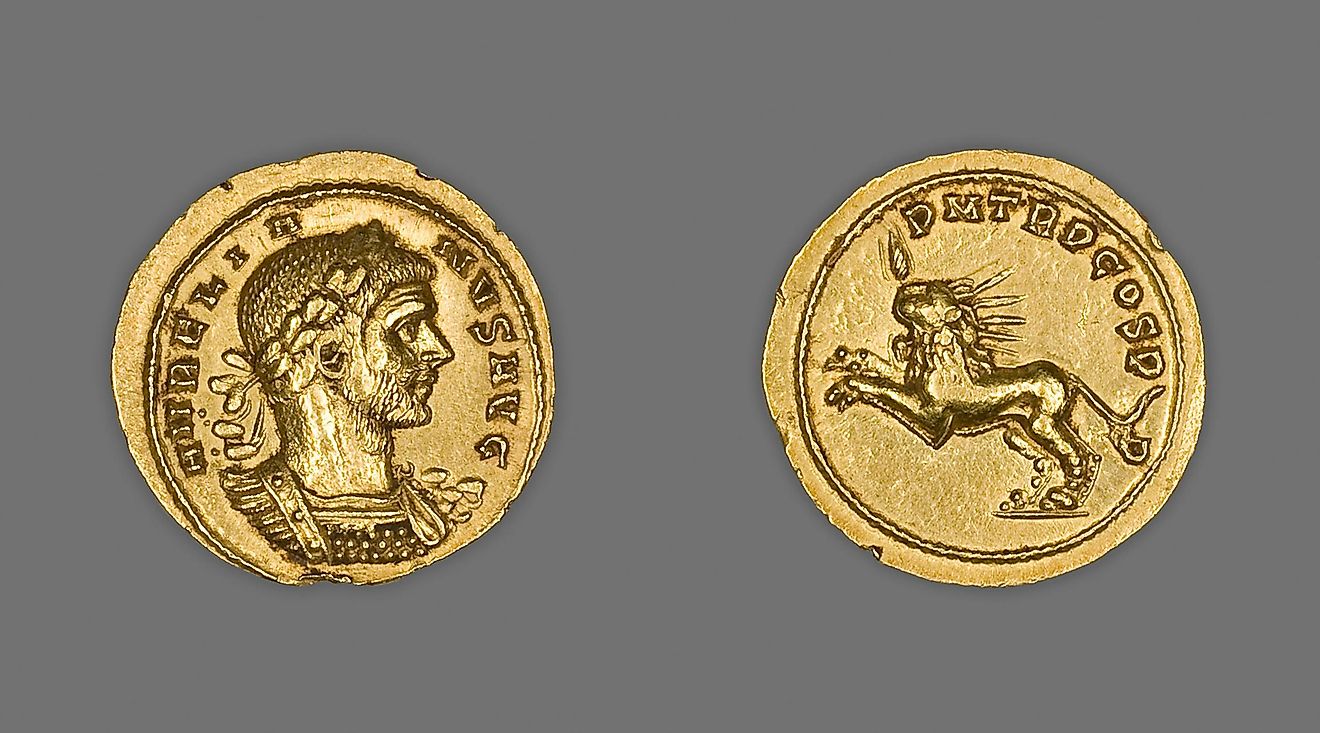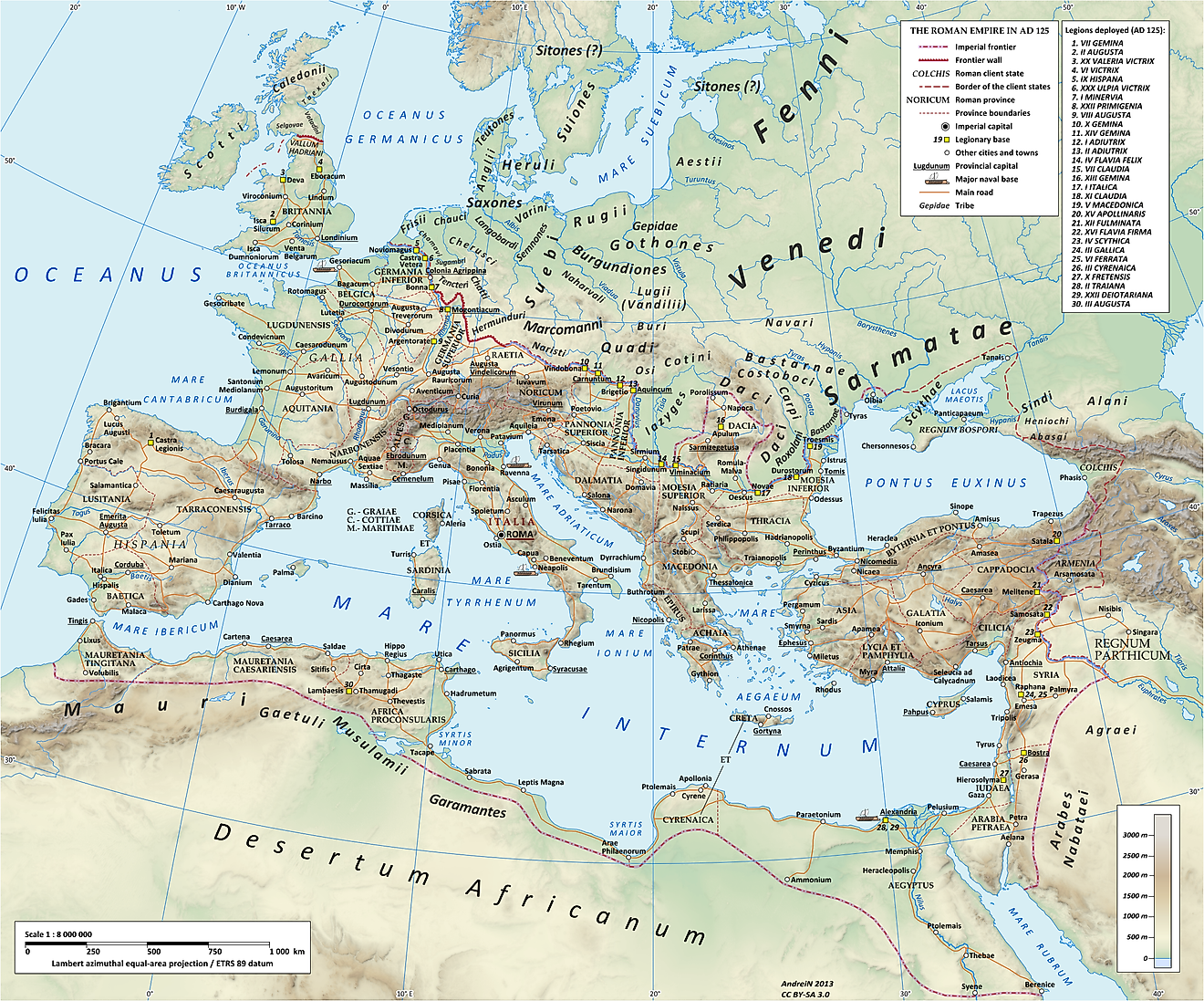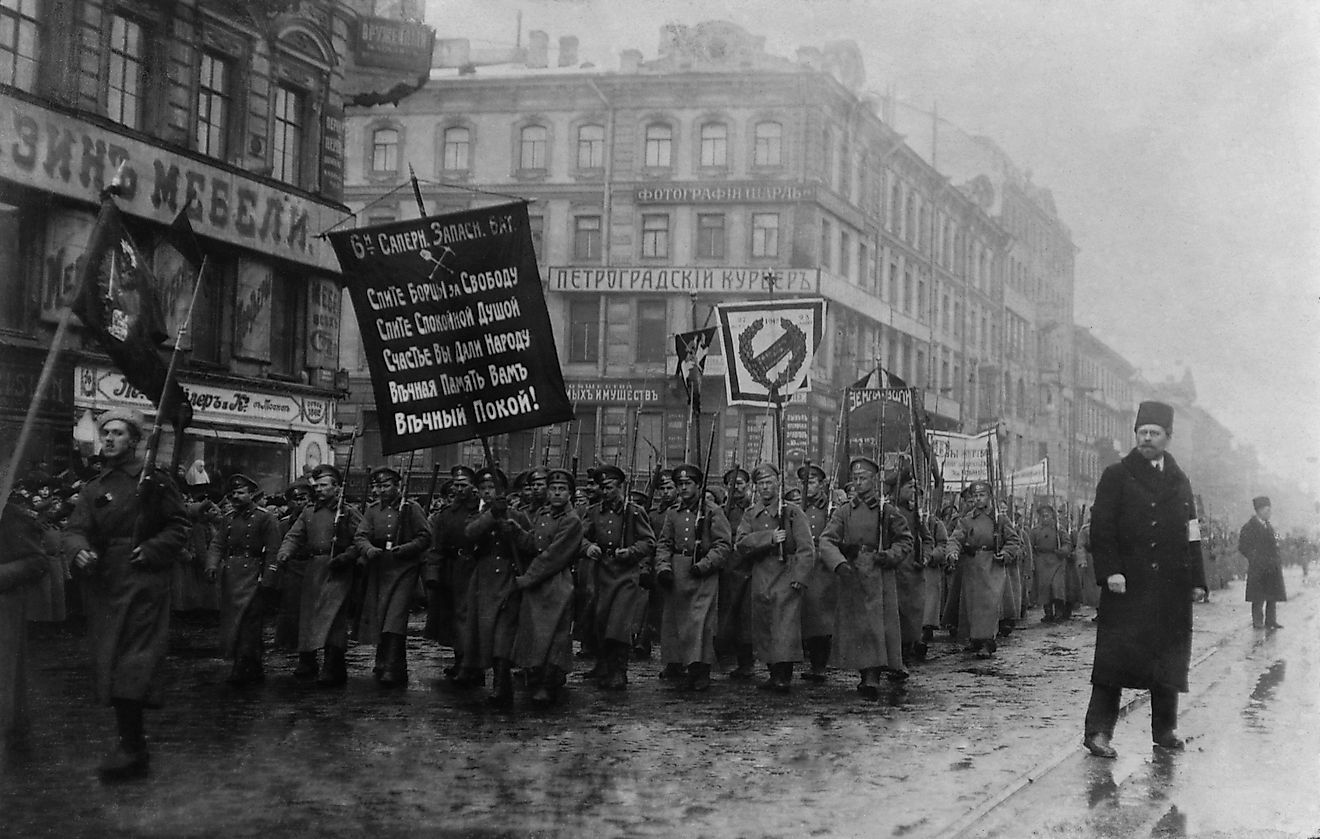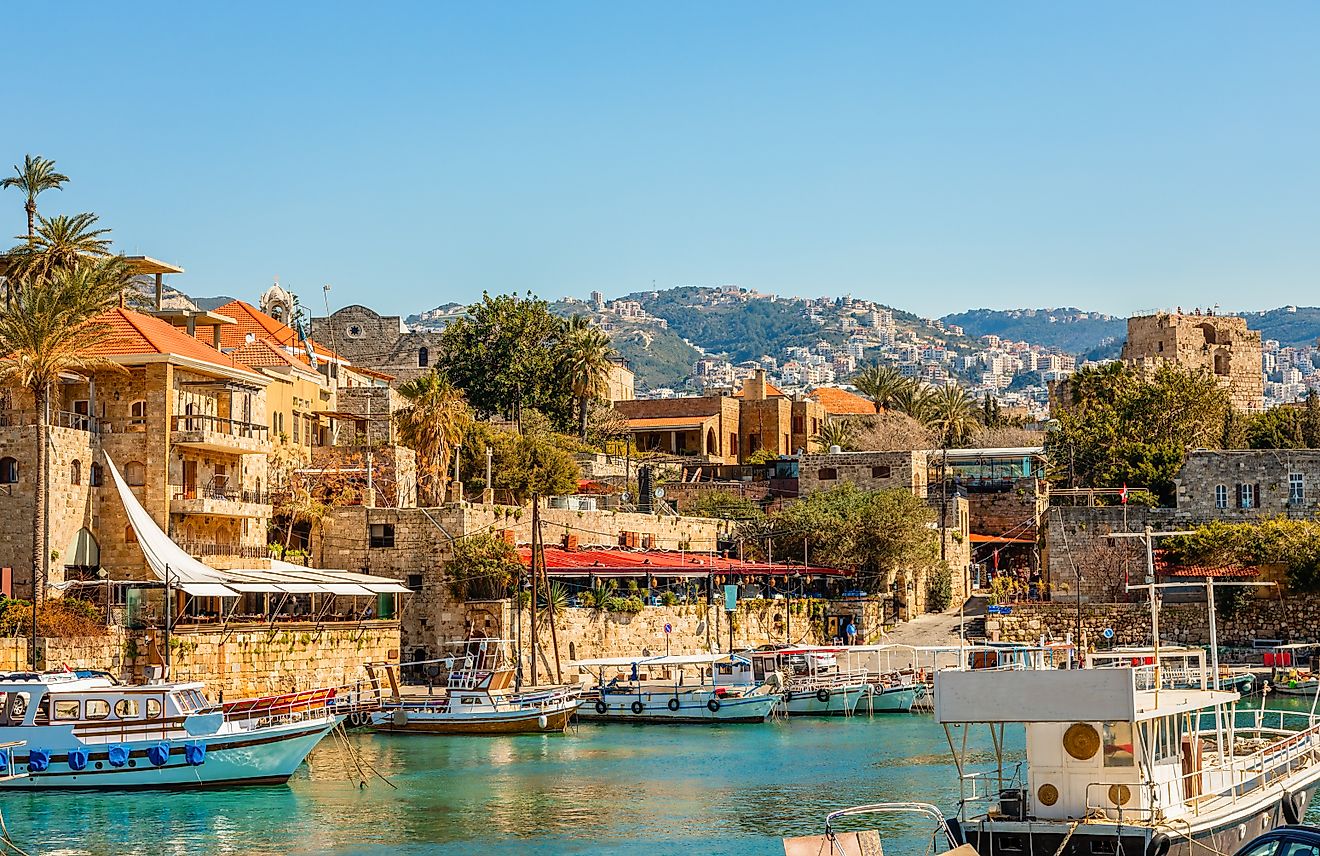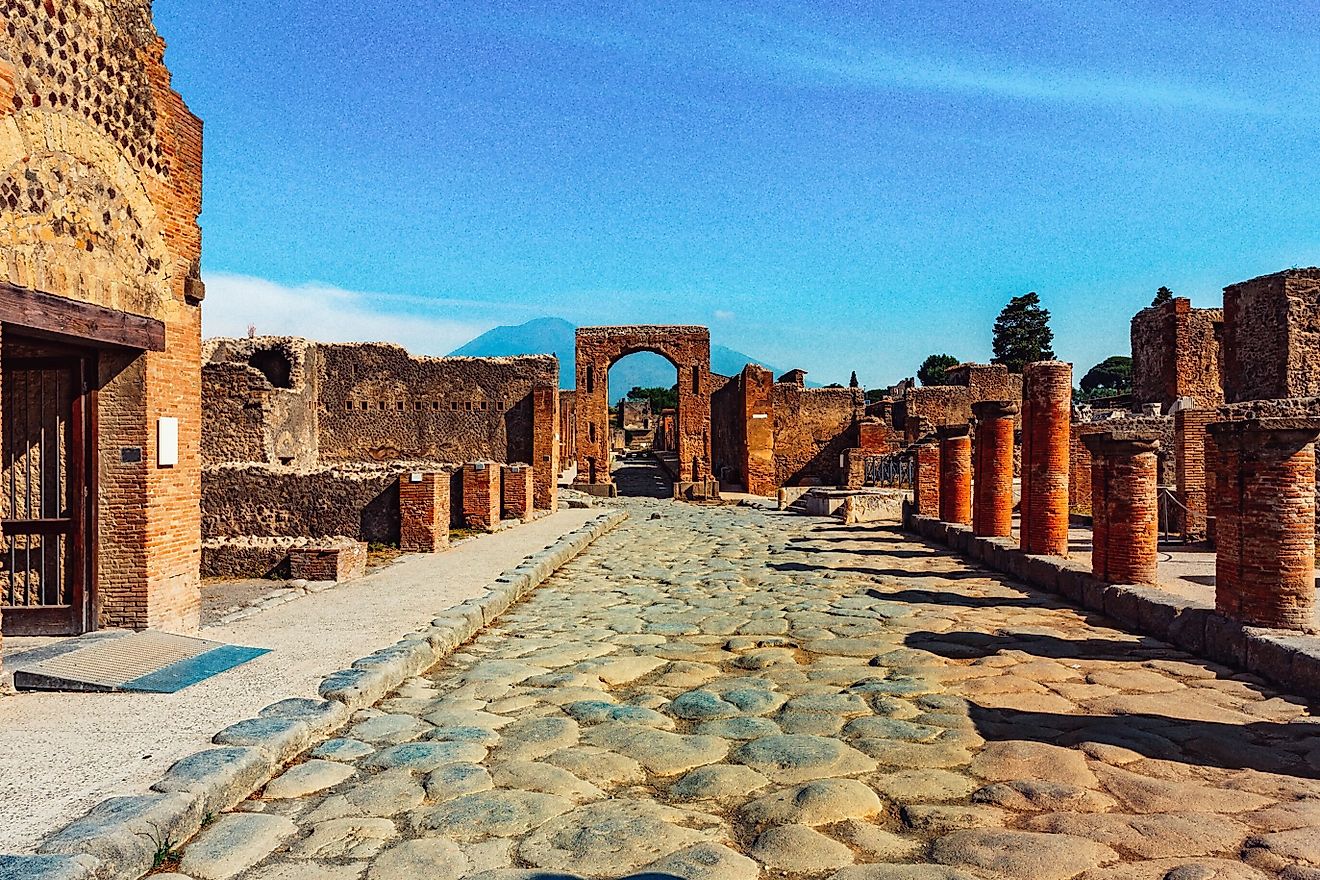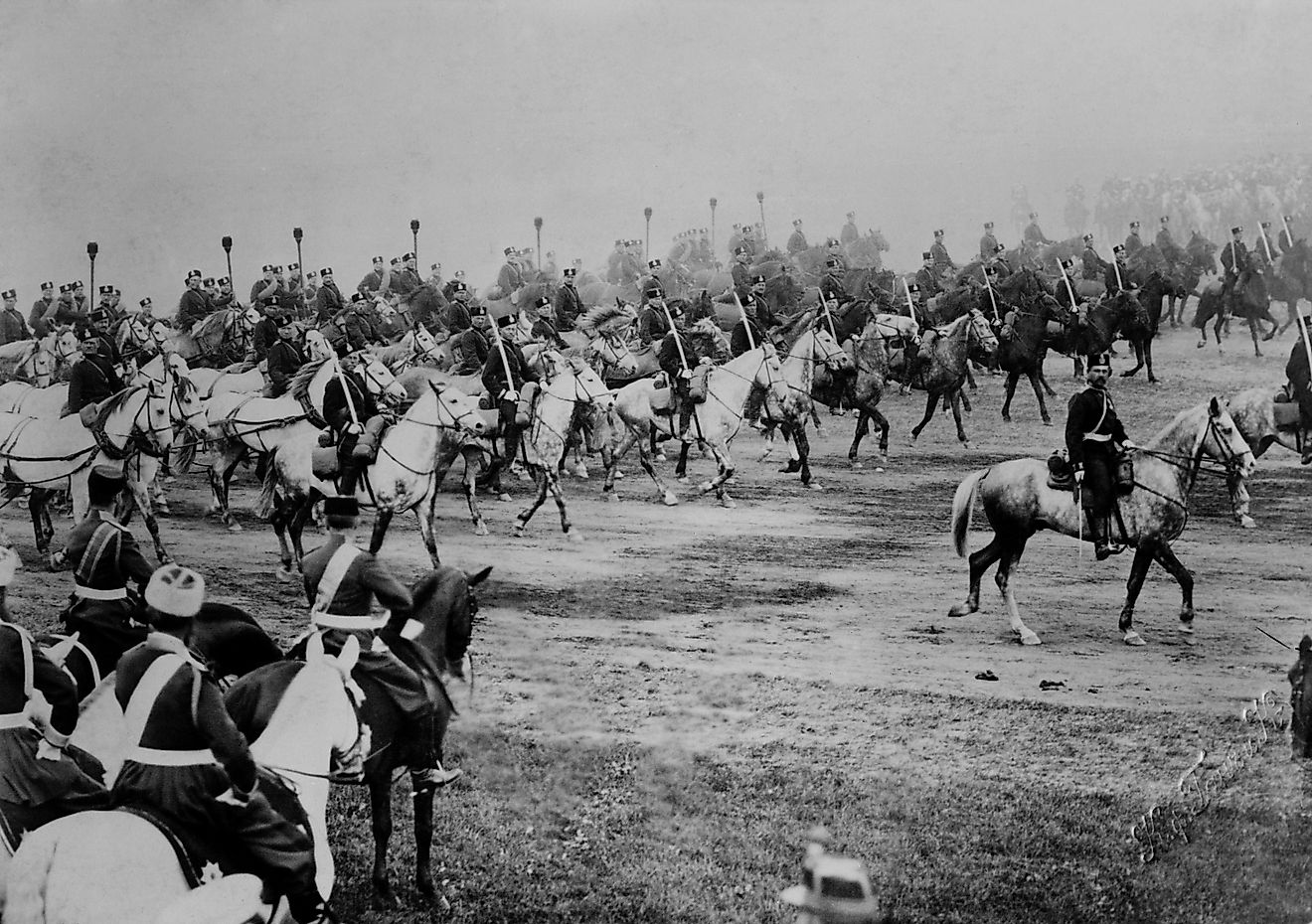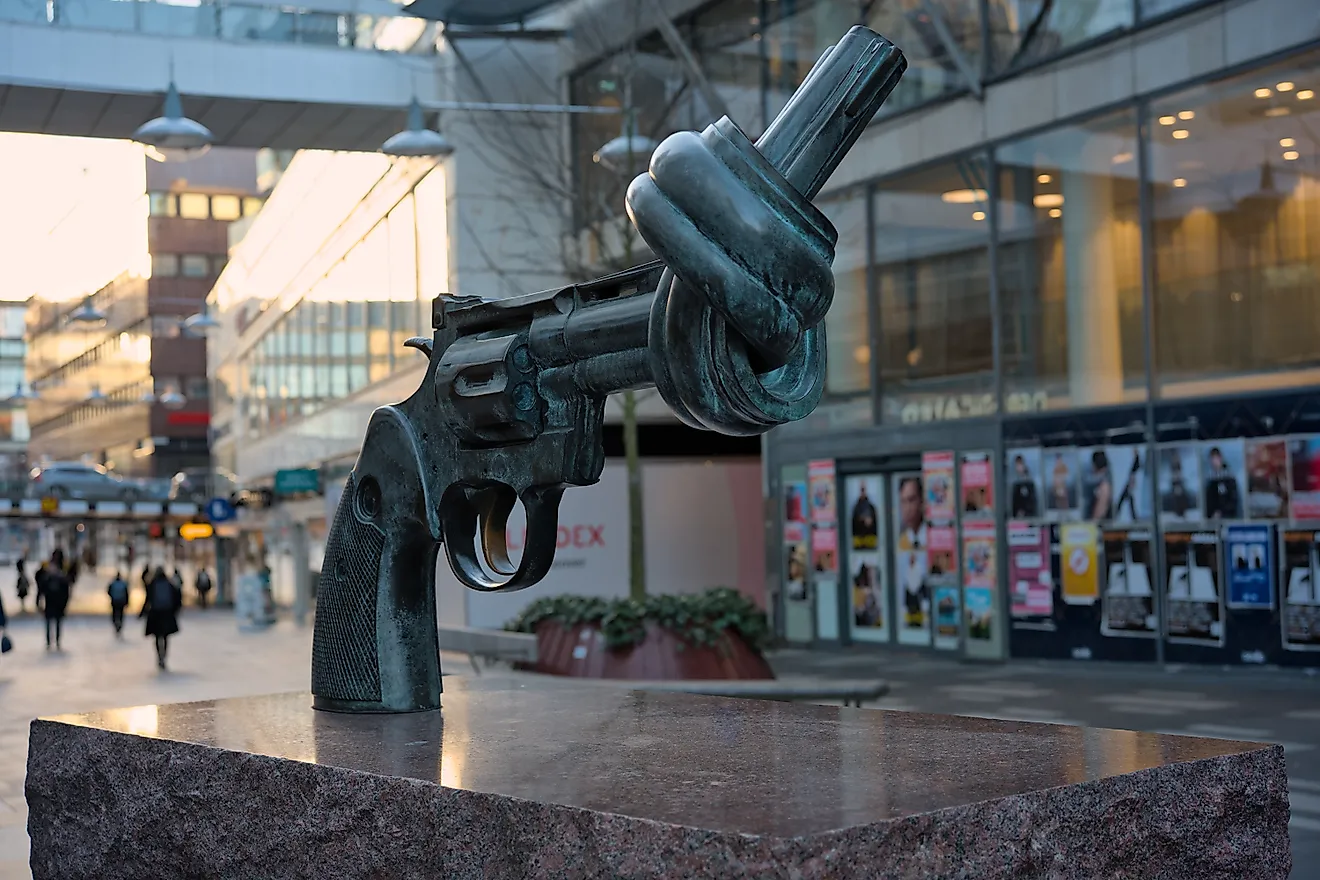
Battle Of Moscow
The Battle of Moscow occurred in the autumn and winter of 1941. With the German Army on the outskirts, it appeared like a miracle would be required for the Soviets to defend the capital successfully. Nonetheless, due to several factors, the Red Army managed to push back the Wehrmacht.
Background And The Invasion Of Russia

Germany and the Soviet Union (USSR) signed a non-aggression pact on August 23, 1939. This was followed by Germany invading Poland on September 1 and the USSR doing the same on September 17. But, rather than signaling a deeper friendship, these actions were undertaken for practical reasons. With the USSR being allied with the United Kingdom (UK) and France, Hitler wanted to ensure that he would not be fighting a war on two fronts once he invaded Poland. On the other hand, Joseph Stalin, having spent the previous three years purging key institutions in Soviet society, knew that the Red Army was in no position to fight an armed conflict. Therefore, he hoped this pact would help maintain peace between the two countries. However, throughout the first half of 1941, there were increasing reports of German troops gathering on the Soviet border. This was accompanied by the Luftwaffe doing reconnaissance missions. Finally, on June 22, 1941, Germany invaded the USSR in a campaign codenamed Operation Barbarossa, with 2.5 million Axis troops spilling over the border.
The Beginning

Up until the very last moments before the invasion began, Stalin was in a state of denial, hoping against hope that the reports from his generals were incorrect. But, with the reality of the situation now clear, he became despondent, proclaiming that while Vladimir Lenin had founded the USSR, he had "fucked it up." Finally, when the Wehrmacht reached the outskirts of Moscow in late September, Stalin essentially disappeared from public life and fled to his dacha. The situation was undeniably dire, with the Germans being only 12 kilometers away from the Kremlin by late October.
The Tide Turns

However, despite an aggressive German offensive, by November 1941, they had still not taken the city. Furthermore, November 7 marked the anniversary of the 1917 revolution, which was celebrated in the form of a parade. Crucially, the celebration also saw the re-emergence of Stalin, whose presence greatly bolstered morale. The Soviet spirit was buoyed even more when the tanks parading down the Moscow streets then went off to fight on the front line. The Red Army was further helped by increasingly cold weather, for which the Germans were woefully ill-prepared. Finally, the last major factor that changed the course of the battle was General Georgy Zhukov's return from the East. Over the previous two years, Zhukov had been stationed near Mongolia and China to fight the Japanese, most notably crushing them in the Battle of Khalkhin Gol. Thus, with Zhukov's help in Moscow, the Soviets managed to repel the Germans and launch a massive counterattack on December 7, completely repelling them by January 7, 1942.
The Aftermath

Moscow was the first in a long string of German losses. For instance, as 1942 progressed, Army Group South got bogged down in the city of Stalingrad, with their defeat in early 1943 marking the beginning of the Wehrmacht being almost continuously pushed back. Indeed, despite one last offensive in the summer of 1943 with the Battle of Kursk, the rest of the war was mostly characterized by the Germans being on the defensive. When accompanied by the Allied invasion of Italy in September 1943 and the landings in Normandy in June 1944, a German defeat seemed more and more inevitable. This eventually occurred in May 1945.
In conclusion, the Battle of Moscow ended in a Soviet defeat. Despite Stalin initially seeming unable to deal with the situation, he managed to return in time to rally the troops and bolster public morale. Moreover, the parade on November 7 further raised Soviet spirits. Finally, General Zhukov's return to the West gave the Red Army a significant strategic advantage over the Germans.
